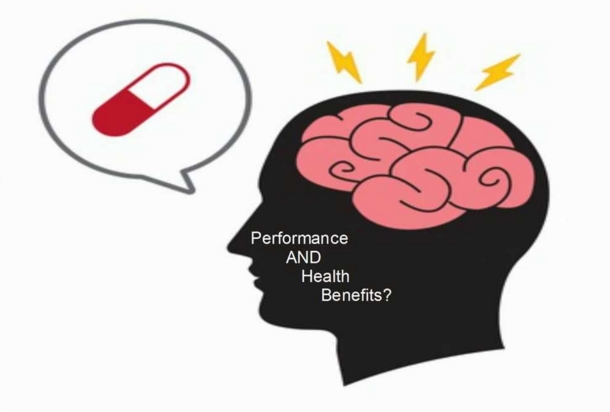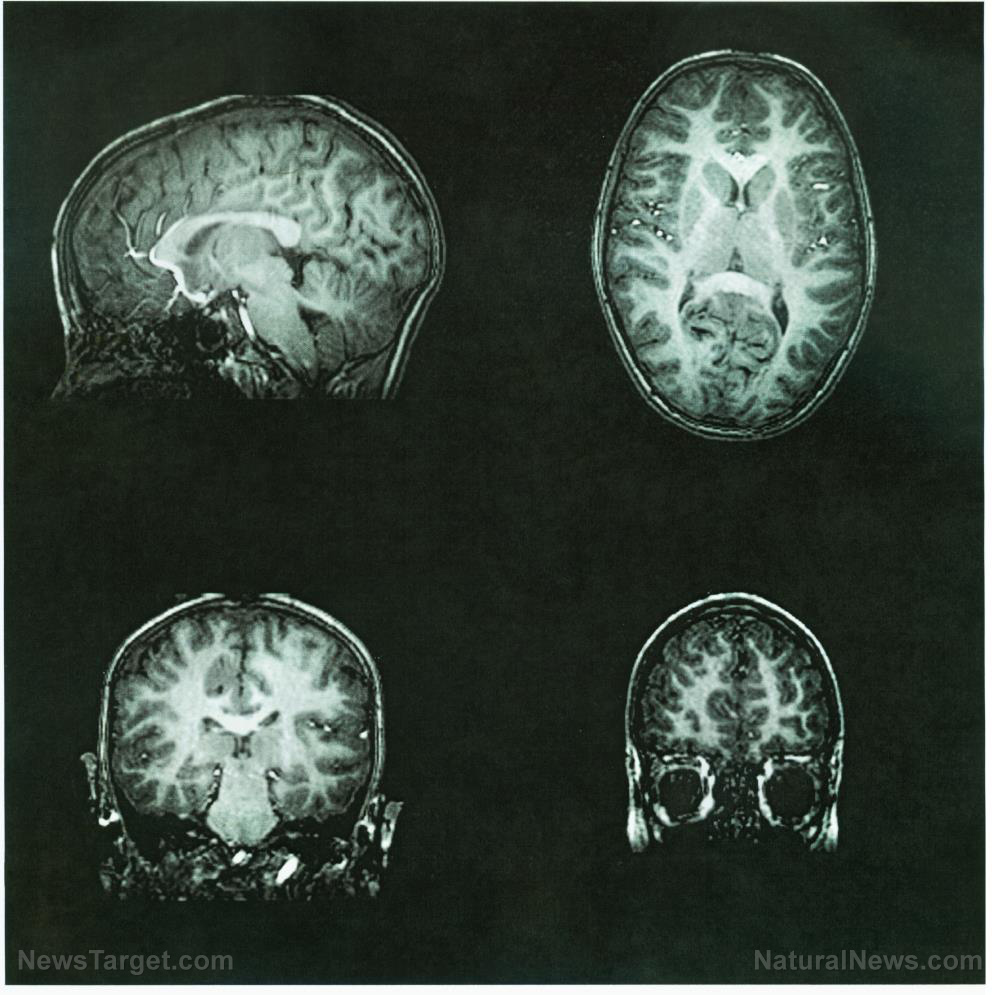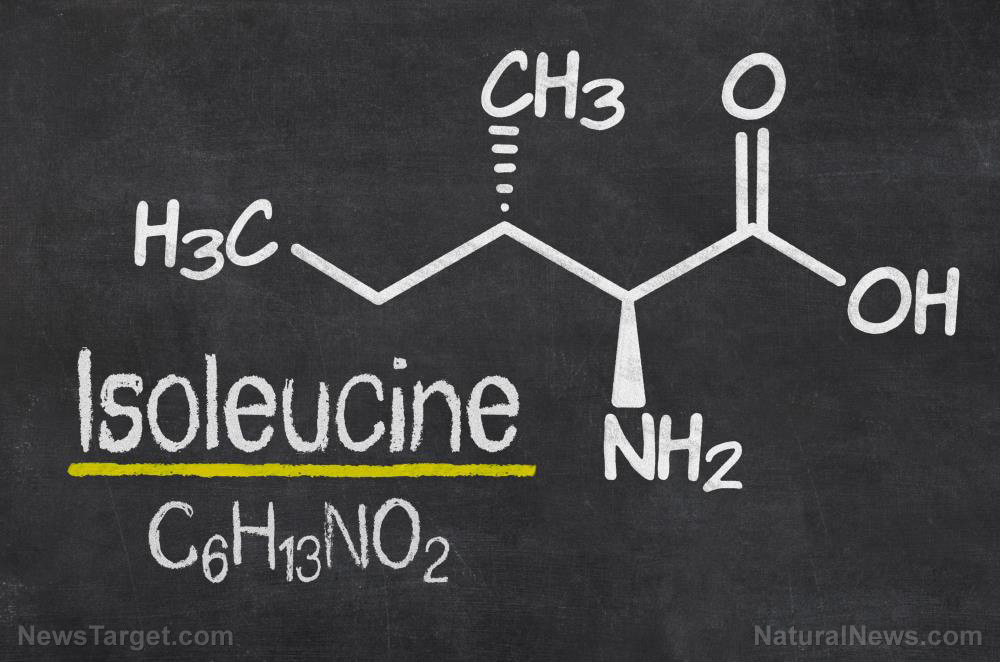Nootropics pop up on campuses, but do ‘smart drugs’ actually work?
04/14/2016 / By supplementsreport

It’s no secret college students have used “smart drugs” to enhance their performance in school. They often turn to medication such as Adderall and Vyvanse, prescription stimulants used to treat Attention Deficit Disorder.
(Article by Ben Brown, republished from http://www.tucsonsentinel.com/local/report/041316_smart_drugs/nootropics-pop-up-campuses-but-do-smart-drugs-actually-work/)
According to a Swiss study published in 2013, one in seven college students abused smart drugs to improve concentration and grades.
But a subset of smart drugs has become more popular, popping up across Silicon Valley and on college campuses. They’re called “nootropics” – and they’re mostly natural substances like fish oil or magnesium and non-prescription drugs like Piracetam, which is marketed as a brain booster.
Mesa resident Topher Keene, a graduate student and music teacher, recently appeared on MTV’s True Life episode “I’m on Smart Drugs.”
To achieve academic perfection, Keene’s regimen consists of roughly 40 pills – all nootropics – a day.
“A 1 percent boost takes me from almost perfect to perfect, and that is worth it for me,” Keene said. “The perfect score is something I can talk about for the rest of my life. It’s really neat, that’s my goal.”
But these substances are unregulated by the U.S. Food and Drug Administration, and doctors warn about potential risks.
“When we start pushing the limits of these substances to higher levels and mixing them, we’re not really sure what sort of reaction or side effects we might see from it,” said Dr. Dan Quan, a toxicologist and emergency medicine physician with Maricopa Integrated Health System.
Keene said he understands the risk, and it is worth the reward.
“For most people, to go from a 97 to 99 is useless, they’re still getting an A-plus on their score,” Keene said. “But for me, when I’m at that 98 or 99, and I’m so close to 100 and that 100 feels so good, and it’s so different than a 99, it’s totally worth it.”
Smart drugs don’t actually make people smarter. They allow people to focus and improve cognitive functions to stay awake longer and study more, which may translate into better scores on that next big test, advocates said.
Keene attributes most of his academic success to a healthy diet and sleep schedule.
“There is a lot of incentive to be very smart and to work at the peak potential of your intellectual capacity,” Keene said. “And so, this stuff is getting more and more popular.”
Mike Montgomery, a contributor to Forbes magazine, wrote “Better, Stronger, Faster: Why Nootropics Will Be Big Business In 2016.” He explained why the industry has attracted investors and will continue to grow – if the companies that produce them can prove they’re safe.
He pointed out that analysts have put the U.S. supplement industry at either a $12 billion or a $37 billion industry. And by targeting these products at Silicon Valley and Wall Street types, it can open up a new market.
“Nootropics companies are cashing in on a new trend of people experimenting by mixing drugs in order to work longer and more efficiently,” he wrote.
Read more at: http://www.tucsonsentinel.com/local/report/041316_smart_drugs/nootropics-pop-up-campuses-but-do-smart-drugs-actually-work/
Tagged Under: Nootropics, Smart Drugs, supplements




















